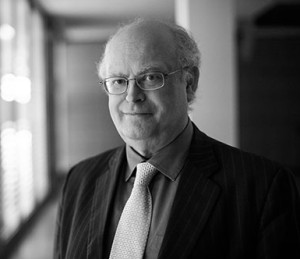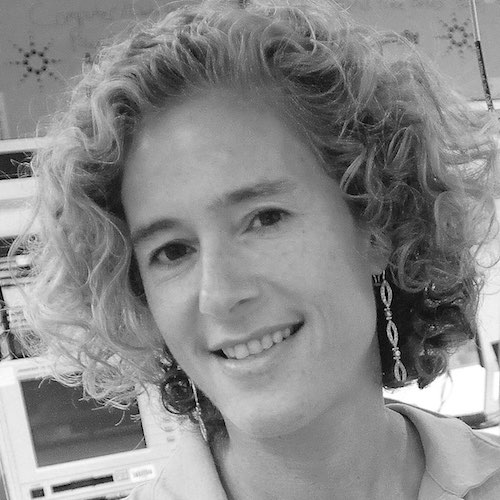Today ISC 2018 announced that Dr. Keren Bergman from Columbia University will give a keynote on the latest developments in silicon photonics. The event takes place June 24-28 in Frankfurt.
Enitled “Empowering Flexible and Scalable High Performance Architectures with Embedded Photonics“ Bergman’s keynote will address recent advances in integrated silicon photonics, one of the most fascinating new technologies in the field of computing. The development of silicon photonics promises to be especially relevant to applications like data-driven simulations, advanced analytics, and deep learning, which today are bottlenecked by off-chip communications. Bergman will talk about out how silicon photonics will not only vastly improve bandwidth and lower energy consumption, but also enable disaggregated architectures, where system components connected by an optical fabric are deployed in a modular fashion. She will also discuss how the implementation of such designs will allow customized systems to be developed for specific applications.
Dr. Bergman’s deep level of expertise in this area is reflected by her current position as the director of Columbia University’s Lightwave Research Laboratory, where she leads a number of research programs on optical networks for advanced computing systems, optical packet-switched routers, and nanophotonic networks-on-chip. She received her Bachelor of Science degree from Bucknell University in 1988, followed by a Master’s degree and PhD from MIT, all in electrical engineering.

Thomas Sterling, Director, Center for Research in Extreme Scale Technologies (CREST) at Indiana University
On the following day, June 27, Thomas Sterling will deliver his annual retrospective in high performance computing, under the banner HPC Achievements and Impact. Some of his t(opics of interest this year include the impending end of Moore’s Law, the rapid emergence of machine learning and data analytics, and of course, the race to exascale. He will also offer his thoughts on quantum and neuromorphic computing, two non-von Neumann technologies that have made some remarkable progress over the last 12 months. This presentation will mark Sterling’s 15th iteration of his HPC retrospective keynote. As in years past, it will be delivered immediately prior to the conference’s closing presentation.
Sterling is professor at the Indiana University’s School of Informatics and Computing and serves as chief scientist and associate director at the Center for Research in Extreme Scale Technologies (CREST). He is perhaps best known as the father of Beowulf, a designation related to his pioneering work in commodity cluster computing. In 1997, he and his collaborators were awarded the Gordon Bell Prize for this work. He is currently engaged in research associated with the innovative ParalleX execution model for extreme-scale computing.





